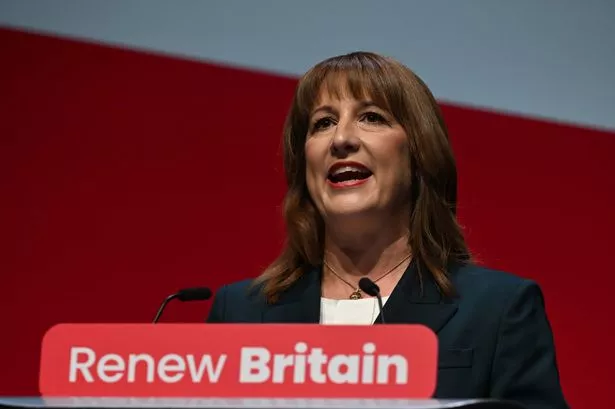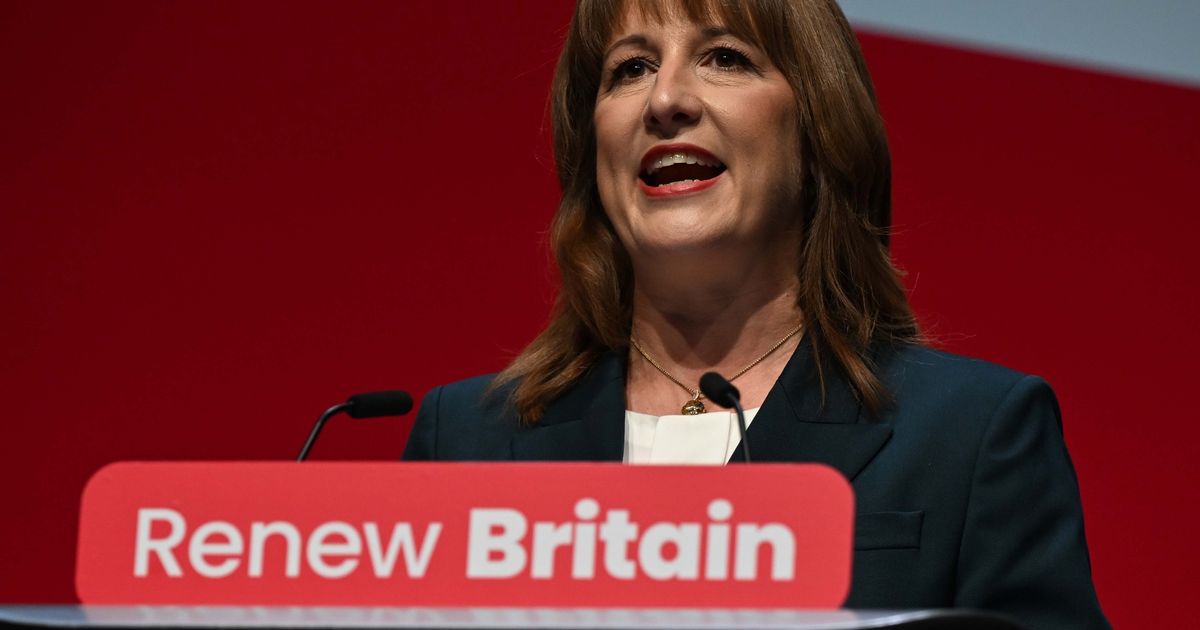The chancellor’s remarks come days after she said she is looking at tax rises ahead of the Budget The chancellor has suggested Brexit has done ‘long-term harm’ to the UK economy (Image: Anadolu via Getty Images)
The chancellor has suggested Brexit has done ‘long-term harm’ to the UK economy (Image: Anadolu via Getty Images)
Chancellor Rachel Reeves has suggested that Brexit has caused long-term damage to the UK economy. Her comments come just days after she also suggested she was looking at tax rises ahead of next month’s Budget.
Ms Reeves stressed the damage done by the 2020 Brexit deal in her remarks at a key international economic committee at the International Monetary Fund (IMF). The chancellor told the world’s leading finance ministers and central bankers: “The UK’s productivity challenge has been compounded by the way in which the UK left the European Union.”
She also quoted a calculation from the Office for Budget Responsibility which said the UK economy had taken a 4% long-term hit relative to remaining in the EU.
She said the UK “acknowledges this” hit in seeking stronger trade ties. For our free daily briefing on the biggest issues facing the nation, sign up to the Wales Matters newsletter here
Labour had previously been reluctant to discuss arguments about the economic downsides from Brexit but in recent weeks ministers have began making arguments about the negative impacts.
Earlier this month, Ms Reeves told Sky News the economy was still suffering from the impacts of leaving the European Union, austerity policies, and Liz Truss’s mini-budget.
She said: “Now, of course, we are undoing some of that damage by the deal that we did with the EU earlier this year on food and farming, goods moving between us and the continent, on energy and electricity trading, on an ambitious youth mobility scheme.
“But there is no doubting that the impact of Brexit is severe and long lasting and that’s why we are trying to do trade deals around the world, US, India, but most importantly with the EU so that our exporters here in Britain have a chance to sell things made here all around the world.”
Her remarks come as the governor of the Bank of England, Andrew Bailey, said Brexit would have a negative impact on the UK’s economic growth “for the foreseeable future.”
“For nearly a decade, I have been very careful to say that I take no position per se on Brexit, which was a decision by the people of the UK, and it is our job as public officials to implement it,” Mr Bailey said.
“But, I quite often get asked a second question: what’s the impact on economic growth?
“And, as a public official, I have to answer that question. And the answer is that for the foreseeable future it is negative.”
“But, over the longer term, there will be – because trade adjusts – some at least partial rebalancing,” Mr Bailey added.
The chancellor is under pressure ahead of next month’s Budget and she has already acknowledged she is looking at potential tax rises and spending cuts.
She said higher taxes on the wealthy would be “part of the story” to fill a hole in her Budget which she said was partly due to the lingering impact of Brexit.
Reeves announced tax rises worth £40bn a year at her first Budget last November, including hikes to payroll taxes paid by employers, and insisted she would not have to repeat the move in subsequent years.
